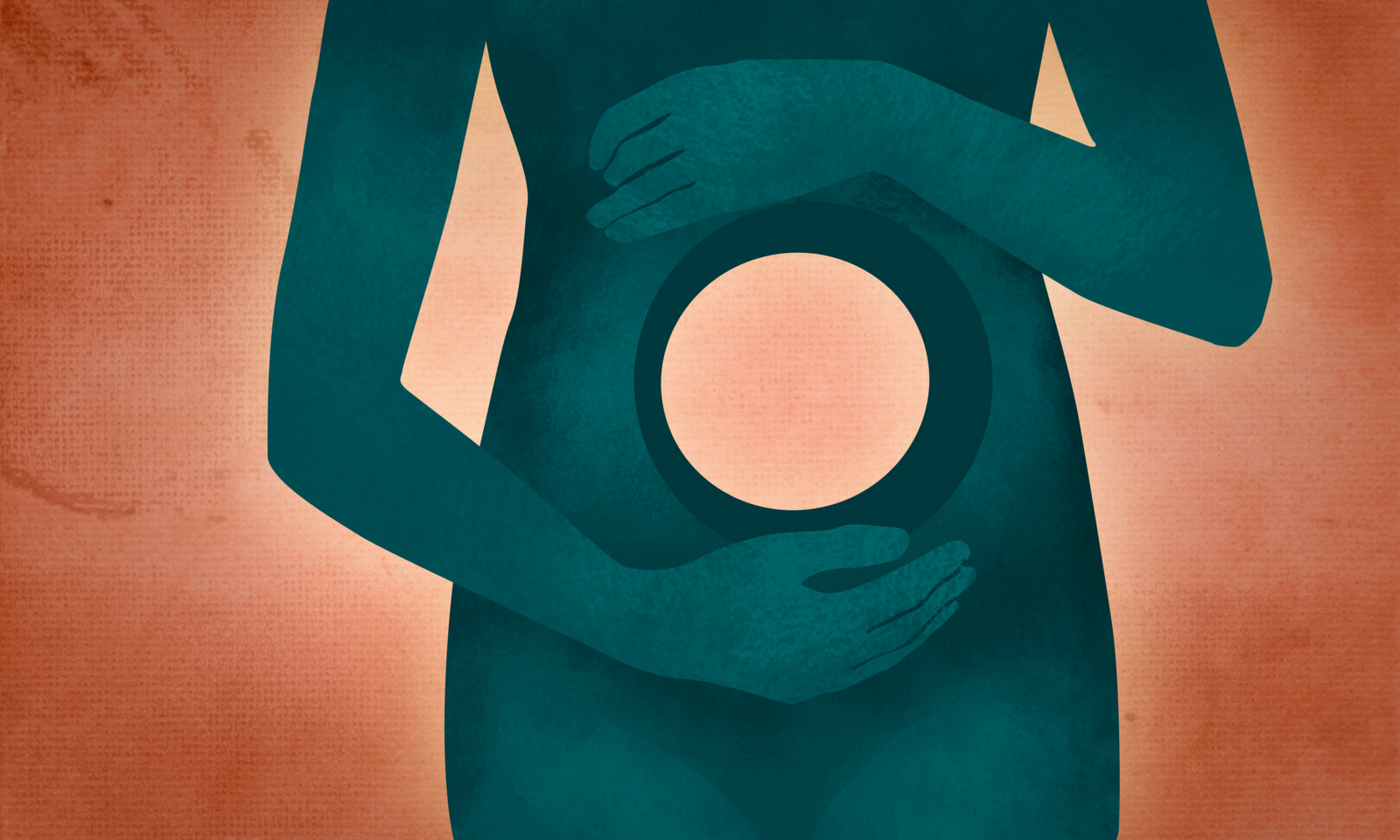What to know about recurrent pregnancy loss and what can be done about it?

Nearly 10-25% of pregnancies may end in a miscarriage. In addition to the grief from such a loss, many women and their partners may wonder if they still will be able to have a successful pregnancy and a healthy baby afterwards. They may wonder as to what went wrong and is there something they did for the loss. The same is true for those who experience multiple miscarriages, also known as recurrent pregnancy loss or RPL.
While miscarriages are fairly common, recurrent pregnancy loss or the (RPL) is not. A woman who has a recurrent pregnancy loss of more than 2 or more spontaneous clinical pregnancy losses before pregnancy reach 20 weeks of gestational age. In some jurisdictions, miscarriages are defined to be occurring up until 22 weeks of gestation. In approximately 50 to 75% of the cases, there is no explanation as to why RPL has occurred. There are many possibilities for RPL to occur which can be determined by a complete set of evaluation performed by your physician. Some of the factors are
- Genetic abnormalities
- Anatomical issues
- Medical
- Lifestyle/Environmental
- Stress and Depression
- Endocrine conditions such as thyroid disease, hormonal or metabolic disorders
- Lifestyle
- Sperm quality
Genetic: A majority of early miscarriages occur in the first 10 to 12 weeks of pregnancy that are related to genetic abnormalities. They may often occur due to a missing or extra chromosome which that makes the embryo or fetus to not develop normally. Down syndrome is one of the most common genetic problem which is a result of an extra chromosome, number 21. The abnormalities are often affected by a woman's age and can occur randomly up to 60% of the first trimester pregnancies. Just as age affects a woman's ability to get pregnant and to deliver a healthy baby, age also increases the risk of miscarriage due to genetic abnormalities.
Anatomic: The size and shape of the woman's uterus may also lead to pregnancy loss. There are multiple factors that may cause uterine problems including genetic issues that are being born with a septum, which is an extra issue that divides the uterus and exposure before birth to a medication like DES. Acquired problems such as fibroids or benign tumours especially if they are in, or near the uterine cavity, polyps, intrauterine adhesions and adenomyosis which is a form of endometriosis can also cause miscarriage.
Medical: There are many untreated medical conditions that increase the risk of miscarriage which include diabetes and thyroid disease. RPL can also be caused by immune or blood-clotting system conditions such as thrombophilia.
Lifestyle/Environmental: There are a number of lifestyle and environmental factors that may or may not lead to multiple miscarriages. Smoking and some recreational drugs may increase the risk. Consuming Alcohol up to 3 to 5 drinks per day and more than 3 cups of coffee may be linked to RPL along with being overweight.
Stress and Depression: There is no evidence that mild depression, anxiety and stress can cause RPL, but couples who experience multiple miscarriages may experience all of these. Anyone who is dealing with grief and sadness from RPL must be offered counselling and other types of psychological support to help them cope. The supports helps them to create a healthy environment for pregnancy and delivery.
Lifestyle Choices: Being as healthy as possible will surely have a positive impact on the ability to get pregnant and deliver a healthy baby. There are a number of lifestyle habits that can make a difference in the risk that is related to recurrent pregnancy loss. Being at a healthy weight can improve pregnancy outcomes.
Experts at IVG genesis recommend seeing a doctor for a complete workup following two miscarriages given that a single miscarriage is fairly common. To determine when an evaluation is appropriate, they will determine the difference between RPL and sporadic miscarriages. Proper gynaecologists in Erode must be consulted for a complete work-up following any pregnancy loss.


